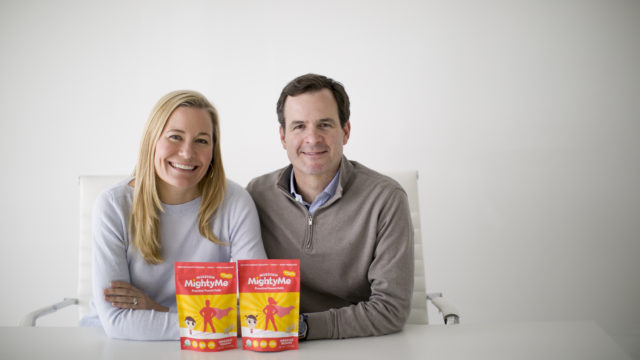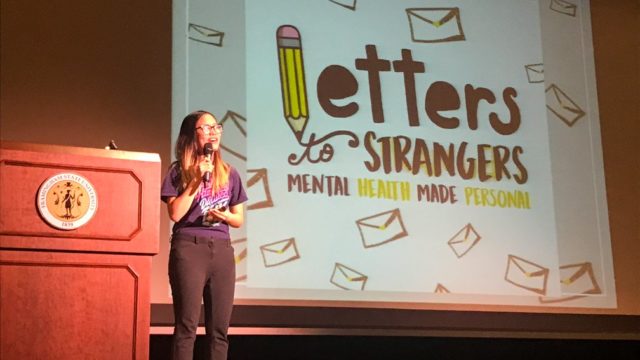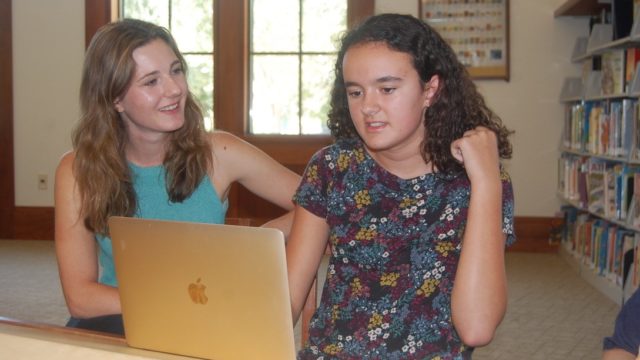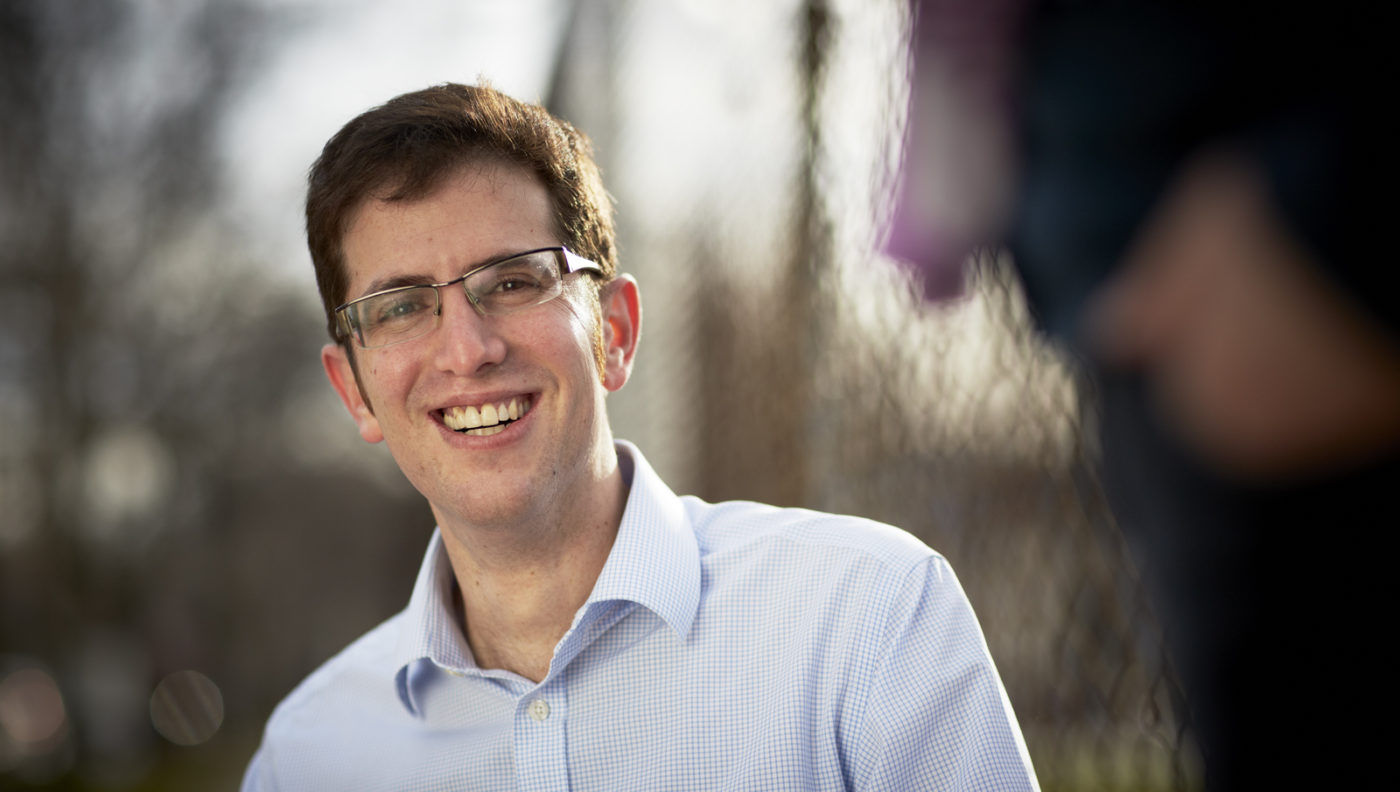
A Passion for Social Justice Nurtured from Childhood
Being born with a cleft lip and palate was in many ways the birth of Seth Green’s passion for social justice. While repairable with 10 surgeries and 15 years of speech therapy and orthodontics, his condition showed him that often people focus on others’ differences instead of on their similarities. Fortunately, he had loving and supportive parents who taught him to believe he could do anything he wanted.
As a teenager, Seth began helping families of children who had cleft lips and palates. He provided reassurance and showed by example that the children could have normal lives. Unfortunately, many of these families were disadvantaged. “Those early experiences influenced my understanding of differences and how blessed I had been while others struggled,” he recalls. “The families had so much love for their kids, but they had fewer resources. The empathy I felt for them shaped my sense of self.”
At Princeton, Seth’s consciousness expanded from empathy for individuals to actions that challenged the unfairness and inequities existing in society. His sense of social justice led him to support a more equitable wage structure for low-income employees of the university. And, while he was studying in London, the events of 9/11/01 profoundly affected him. His interest in building greater understanding between U.S. residents and the rest of the world led him to found Americans for Informed Democracy (AID).
“During a very divisive time in our country – when ‘Freedom Fries’ were popular – AID encouraged students who had studied abroad to set up video conferences aimed at changing how we interact with people from other countries,” he explains. “Across the U.S, young people were having thoughtful conversations about how Muslims view us and about how Indonesians view global security, and a variety of topics. This was an antidote to the tone and environment in the U.S. at the time. Our goal was to present the world in a complex, peaceful and enlightened sense.”
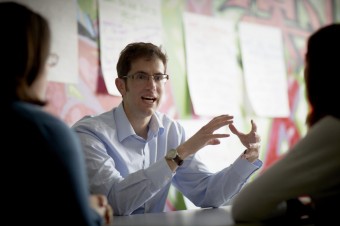 AID recently celebrated its 10th anniversary with approximately 20,000 students at 1,000 universities still connecting with global citizenship.
AID recently celebrated its 10th anniversary with approximately 20,000 students at 1,000 universities still connecting with global citizenship.
Seth’s experiences “flying by the seat of my pants” in organizing and building AID showed him that he could be more effective in a more structured and resourced environment. Following law school, he joined the management consulting firm of McKinsey and Company to learn how to think strategically for non-profits. “That experience elevated my ability to accelerate social change by building buy-in and long-term relationships, influencing people and creating long-term transformative strategies. It was enormously helpful,” he says.
Using what he’d learned, Seth became CEO of the Job Opportunity Investment Network (JOIN), a $5 million public-private partnership in Philadelphia, PA, that builds pathways out of poverty for vulnerable adults and their families. There he developed a network of innovative job training partnerships that helped more than 400 adults gain new skills and ultimately higher wages.
“JOIN is a model that helps low-skilled people move into family-sustaining careers,” Seth explains. “It helps them simultaneously get the education and the credentials they need to move up the ladder. For example, dietary aides in hospitals can receive education and training on site to transition into higher paying patient care.”
His work at JOIN inspired Seth to seek ways to intervene earlier and potentially have a greater impact on people’s futures. He became Executive Director of Youth Organizations Umbrella (Y.O.U.) in Evanston, IL. Y.O.U. provides services and leadership to help young people succeed through after-school enrichment, mentoring, counseling and crisis intervention. The aim is to ensure that all young people acquire the skills, self-confidence and opportunity to realize their potential.
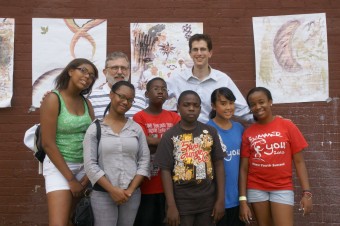
Seth Green stands in front of Y.O.U.’s headquarters in Evanston, Illinois, with youth from the Y.O.U. program.
“Our model has achieved fantastic results,” says Seth. “In fact, 71% of kids who actively participated in our mentorship and afterschool programs improved their GPAs last year.”
Seth believes there are many parallels between Y.O.U. and the Coca-Cola Scholarship program. “Both empower young people with resources to realize their potential and help them build transformative relationships with role models. They show us what we want to become. My Coca-Cola experience helped me to realize the potential of our work here in Evanston.”
“The Coca-Cola Scholarship program is really a connective tissue,” he adds. “It creates a community and a bridge to thousands of people to powerfully impact change. Our network of leaders across the world will totally transform our world.”


